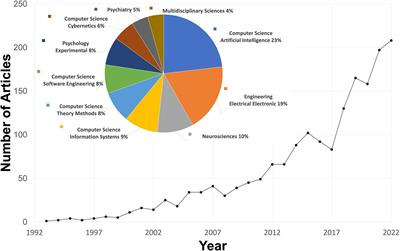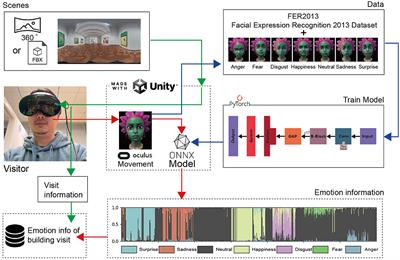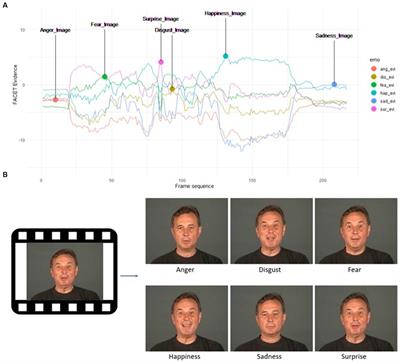EDITORIAL
Published on 25 Jun 2024
Editorial: Computer vision and human behaviour to recognize emotions
doi 10.3389/fpsyg.2024.1441678
- 556 views
2,609
Total downloads
15k
Total views and downloads
You will be redirected to our submission process.
EDITORIAL
Published on 25 Jun 2024
ORIGINAL RESEARCH
Published on 19 Jun 2024

ORIGINAL RESEARCH
Published on 07 Dec 2023

BRIEF RESEARCH REPORT
Published on 11 Oct 2023

METHODS
Published on 12 Sep 2023

